Home/Wellness Zone/Sakra Blogs

10th Dec, 2016
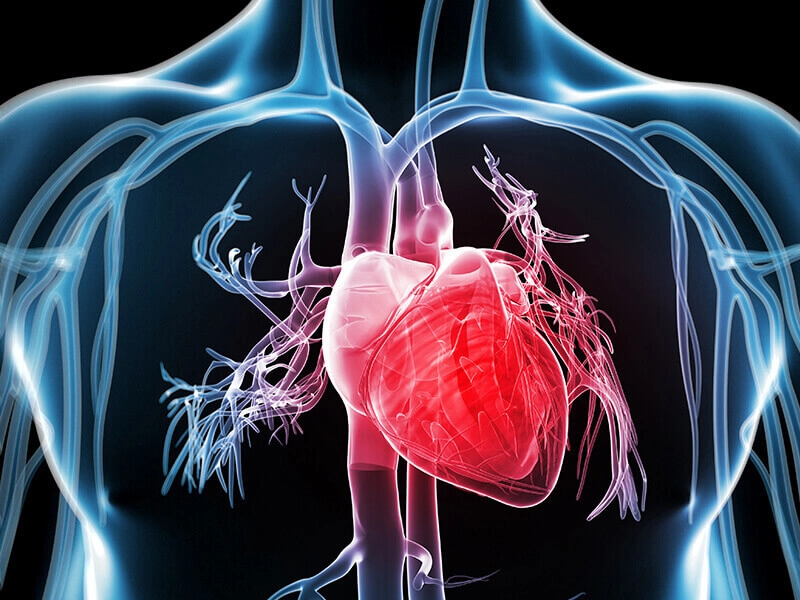
What is Unstable Angina?
Unstable angina is a situation where the coronary blockages have progressed to a point where the blood supply is critically reduced to the heart. So the person experiences symptoms either at minimal physical activity or even at rest. Sometimes a patient with unstable angina may not manifests with chest pain, and rather present symptoms like breathlessness, pain in the left arm, or jaw pain. So chest pain is not always a manifestation of unstable angina.
What causes Unstable Angina?
If fat-containing deposits (plaques) in a blood vessel rupture and blood clots are formed, it can quickly block or reduce the flow through a narrowed artery, suddenly and severely decreasing blood flow to the heart muscle. Unstable angina can also be caused by blood clots that block or partially block the heart's blood vessels.
What are the characteristic symptoms of Unstable Angina?
Characteristics of unstable angina (a medical emergency) include:
Can occur even at rest
There is a change in the usual pattern of angina
Is often unexpected
Is usually more severe and lasts longer than stable angina, maybe as long as 30 minutes
May not disappear with rest or use of angina medication
Might signal a heart attack
How can Unstable Angina be diagnosed and managed?
Unstable angina worsens and is often not relieved by rest or usual angina medications. If the blood flow doesn't improve, the heart muscle deprived of oxygen dies — a heart attack. Unstable angina is dangerous and requires emergency treatment.
If a patient with Unstable angina has no ECG changes and the cardiac enzymes particularly troponin are negative on multiple occasions when tested 6 hours apart – then it may be considered as a low risk Unstable angina. Such patients may be subjected to a stress test. However, if a patient with unstable angina has dynamic ECG changes, blood pressure fluctuations and elevated cardiac enzymes, then such patients should not be subjected to stress tests because this can precipitate a heart attack. Such patients should be advised a cardiac catheterization or coronary angiography for assessment.

HF is the inability of
7 Aug 2024
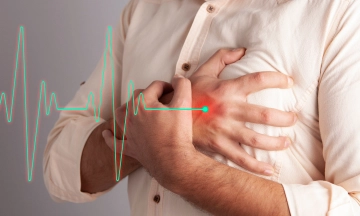
Heart failure is a serious
6 May 2024

Cardiac arrest is a sudden
6 May 2024

In the realm of chronic
6 May 2024
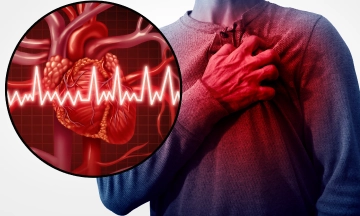
A heart attack, also known
6 May 2024
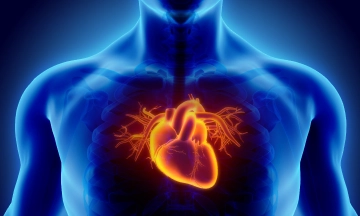
The human heart is a
15 Mar 2024
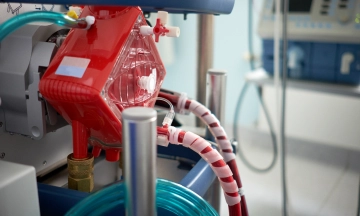
In the realm of advanced
12 Mar 2024

A diagnosis of heart failure
12 Mar 2024

The aorta, the largest artery
25 Aug 2023
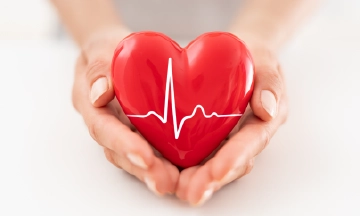
A healthy heart is essential
23 Aug 2023

Understanding Heart Failure Heart failure is
14 Aug 2023

Beriberi is also known as
28 Apr 2022
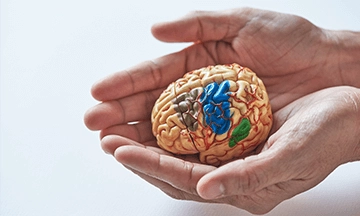
Atrial Fibrillation is a condition
9 Jun 2021

Making resolutions every New Year
17 Jun 2020

Smoking: Should I Use Nicotine
13 Jan 2020

Traveling And Driving After A
10 Jan 2020

Metabolic Syndrome A metabolic syndrome is
10 Jan 2020

Coronary angioplasty has evolved over
9 Jan 2019
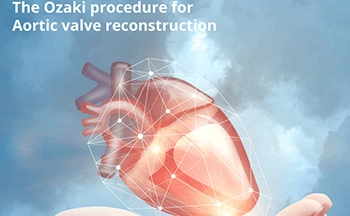
Aortic valve surgery is one
27 Nov 2018

What is Coronary Angiography? Coronary angiography
10 Dec 2016

What is a Heart Attack? Our
10 Dec 2016
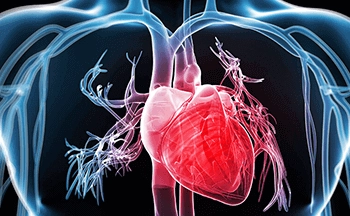
What is Unstable Angina? Unstable angina
10 Dec 2016

What is Angina? Angina is the
10 Dec 2016

Dr. Jagdish from
9 Jul 2016

Trans fat raises
9 Oct 2015

The first hour
6 Oct 2015

Protecting your heart
25 Sep 2015
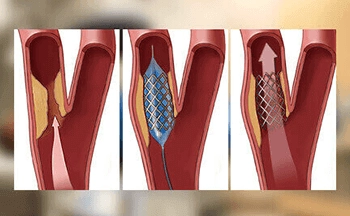
Are
24 Feb 2015
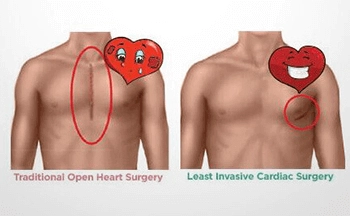
Gone are the
14 Jan 2015
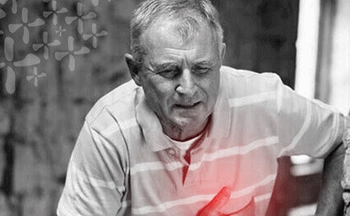
We’ve
15 Sep 2014

The Center of
8 Jul 2014

Metabolic Syndrome A metabolic syndrome is
1 Jun 2016
Enquire Now

